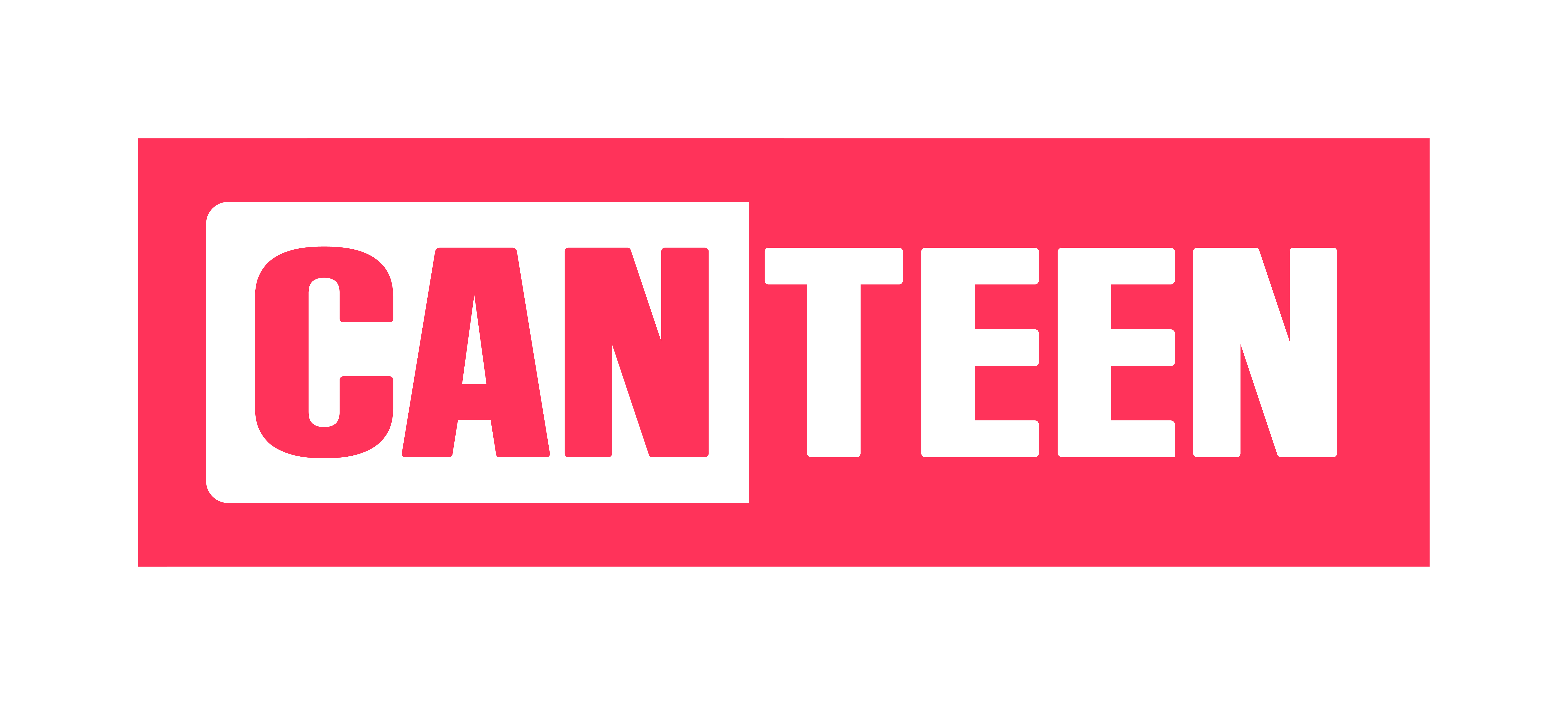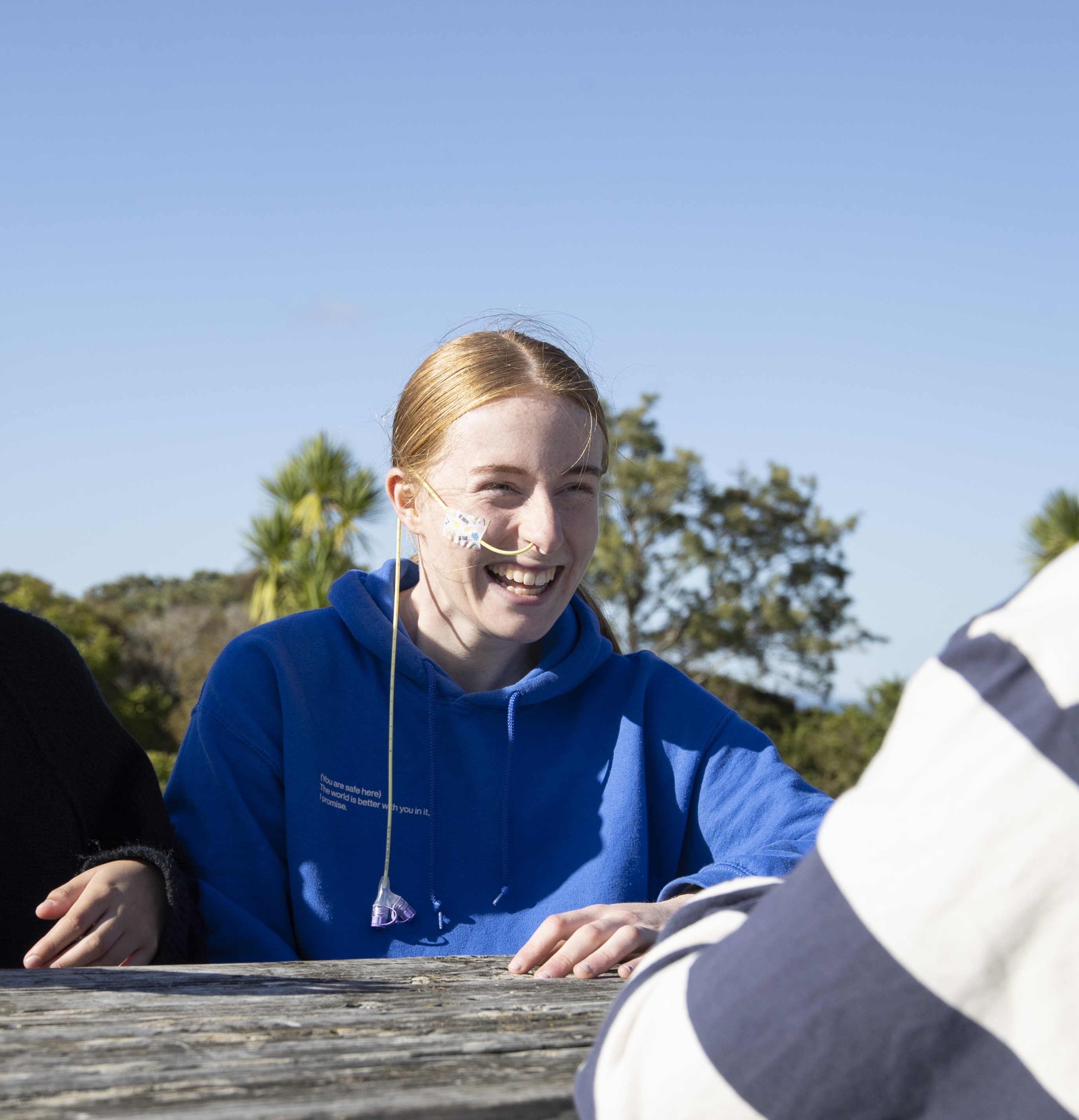
Mikyla was diagnosed with Acute Myeloid Leukaemia when she was 21 years old.
“I was living in London with my partner when my visa expired and I had to return home. My partner, who is a UK national, had to stay behind. There were border restrictions worldwide due to Covid so I applied for another visa to get back to London. Just before I moved back I decided to have a routine blood test.
“I had a few small niggles whilst I was home, like fatigue, bleeding gums, a bruise-like rash on my legs and arms, and a sore throat, but each symptom felt very minor, and I thought I had a reasonable explanation for each. Never did I think it would be leukaemia, I thought I was fit and healthy the day I was diagnosed.”
A cancer diagnosis is difficult to process at any age, but for rangatahi, it can present unique challenges, particularly as it can disrupt the most formative years of their lives.
“When I was told I had cancer, I was shocked, but I was okay. People often ask me how I felt when I was diagnosed, expecting me to have been so upset and emotional but, in all honesty, my first thought was ‘Okay I can beat this, it’ll be hard, but I have no other choice’. I went into full survival mode.
“It wasn’t the diagnosis that made me super upset, it was seeing my family's reactions and having to tell everyone I loved. That honestly broke my heart a thousand times over. It was also challenging being away from my partner, one of my key support people.”
Going through treatment can make you feel like you’re on an emotional rollercoaster, it’s scary, confronting, and can make you feel quite alone at times.
“I was on and off treatment for around nine months and underwent four rounds of chemotherapy. I was in the hospital for most of this time, as I was immune compromised and very ill. I couldn’t go out in public or meet up with anyone unless it was a close friend or family member, and we were socially distanced. It was extremely isolating.
“During my second round of chemo, I got neutropenic sepsis and pneumonia and was extremely sick. I didn’t leave the hospital for five weeks and it took everything in me to not give up. I spent a long time getting stronger, only to do another round of chemo soon afterwards. I was scared to think about the future; I was just trying to survive.
“My appearance also changed a lot, I lost all of my hair, I lost a lot of weight – I found it hard to look at myself in the mirror a lot of the time.”
Mikyla was diagnosed during the COVID-19 pandemic, which elevated the challenges of her treatment due to being immune-compromised and the restrictions to seeing family and friends.
“As well as being immunocompromised throughout my treatment, Covid was also quite rampant in the community and that added an extra layer of strict rules to follow, as well as the fear of getting it at any point, which very well could have been fatal.”
“I had to undergo a stem cell transplant as part of my treatment. An allogeneic stem cell transplant involves destroying unhealthy blood cells and replacing them with stem cells from a donor. In my case, because my only brother was not a match, my medical team went to the international bone marrow registry and found me a donor from Germany.
“I had my stem cell transplant in Auckland, away from my support system in the Waikato, and my mum had COVID, so there was no way she could be near me. Fortunately, my partner was able to get a visa to travel to New Zealand, almost 14 months since I’d last seen him, and he stayed with me the whole time.
“I was monitored in the hospital over the next month. It was a horrible experience; I was very sick and just had to keep going until my body started to build a new immune system. Even after I was discharged, I had daily check-ups at the hospital until they signed me off to go back to the Waikato to recover at home.
“Then, 100 days after my transplant, I had another bone marrow biopsy and a couple of weeks later, I got the call to say I was in remission!”
Canteen is here to support rangatahi and provide a safe space for them to connect, share the tough stuff, and get a break from cancer.
“I knew about Canteen before my diagnosis, but it wasn’t until about halfway through my chemo treatment when I signed up to Canteen Connect, an online platform and app run by Canteen, and started to chat with a few people on there. That helped, as I was immune compromised, so it was my only way of connecting with other rangatahi going through cancer. It was so nice to be able to talk to people and read things from others going through something similar.
"I also connected with a Canteen Youth Worker, and she would call and text me, and one day dropped off an amazing gift basket to me in Auckland Hospital while I was recovering from my stem cell transplant.”
Our Clinical Team works with rangatahi to help them manage not only issues related to a cancer diagnosis but also those that come about due to the life stage rangatahi are at.
“I reached out to Canteen because there weren’t many other patients my age on the ward. I felt like nobody understood what I was going through, and as much as my friends and family were an amazing support system, I didn’t want to burden them.
"Unless you’re going through cancer yourself, you never really understand. Canteen was the place where I could get to know others on the same journey and receive amazing support from the Youth Workers. They know how to talk to cancer patients, and they understand, which is hard to find elsewhere!
“They made me feel less alone and helped me to talk about my thoughts and feelings, without feeling like I was burdening my family and friends. I’ve met some incredible people who are so strong, which has also helped me.
"When I reached remission and was well enough to get out and about, I joined the Canteen Leadership Programme. It helped build my confidence and gave me a purpose, opening some awesome personal and leadership opportunities. Canteen feels like one big family so it’s nice to have that feeling.
“Although I’m medically in a great place, remission hasn’t been easy at all. I felt like I was thrown in the deep end after being discharged from the hospital, it was scary. I still struggle with a lot of minor things and there is not a single day that goes by where I don’t think about my cancer diagnosis, so it’s emotionally draining.
“One of the hardest things about having cancer young is that you don’t know how it may affect you in years to come, so it can be daunting to think about. But at the end of the day, I am just grateful to be feeling happy and healthy now.”














